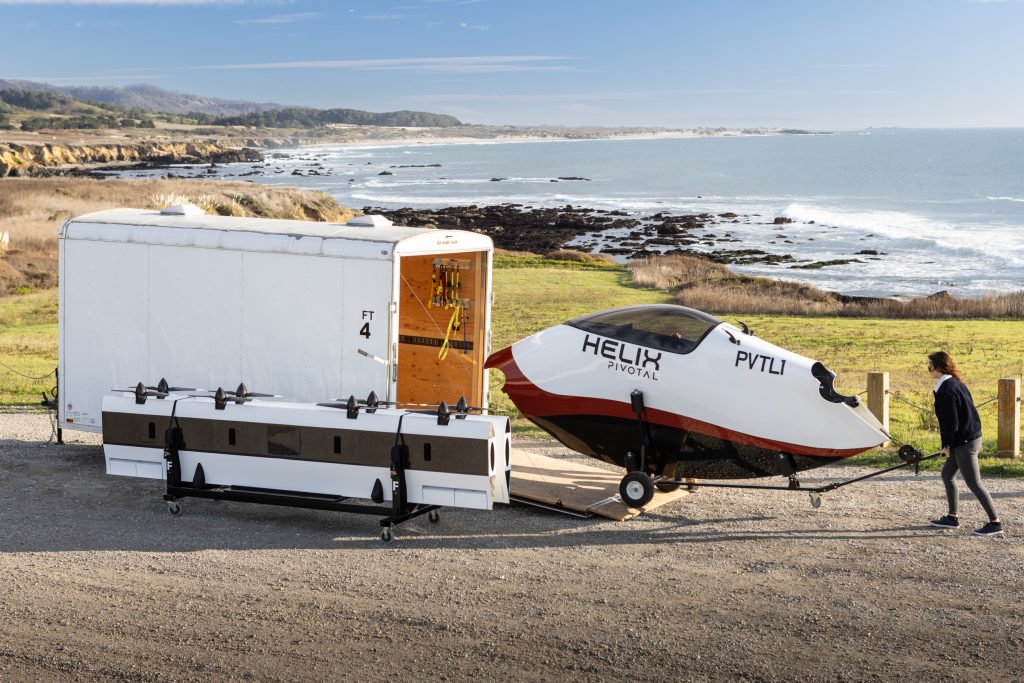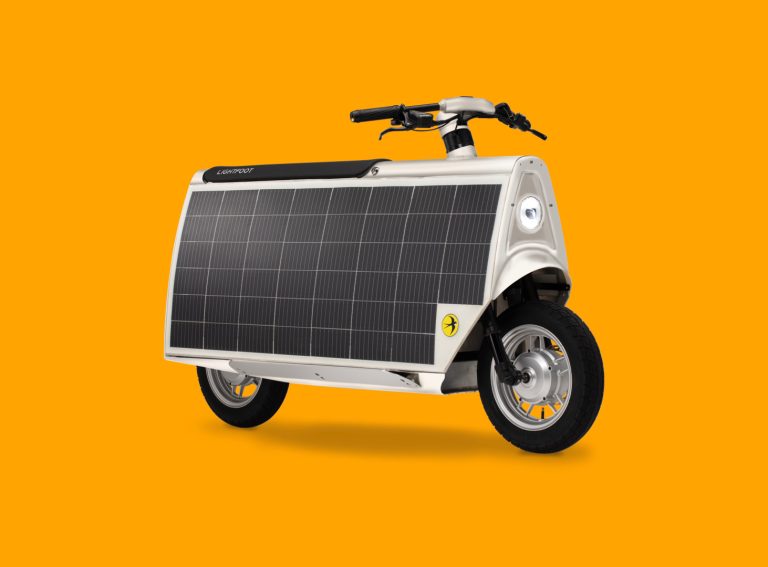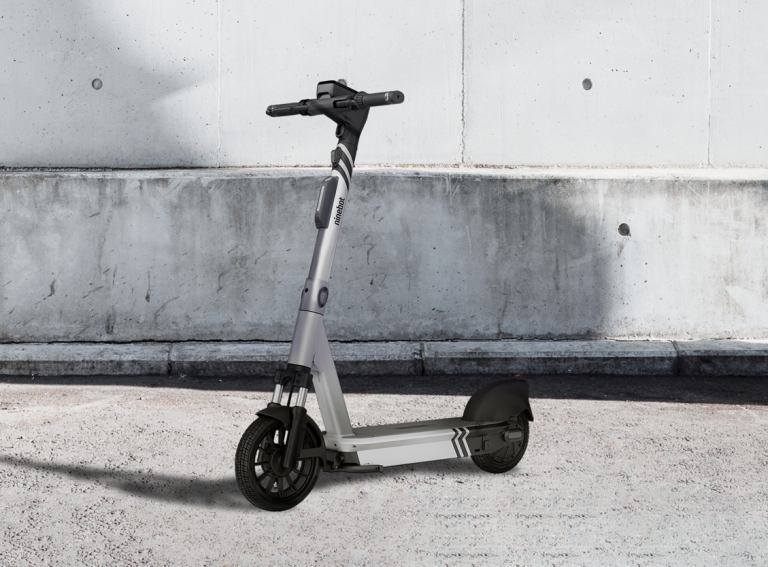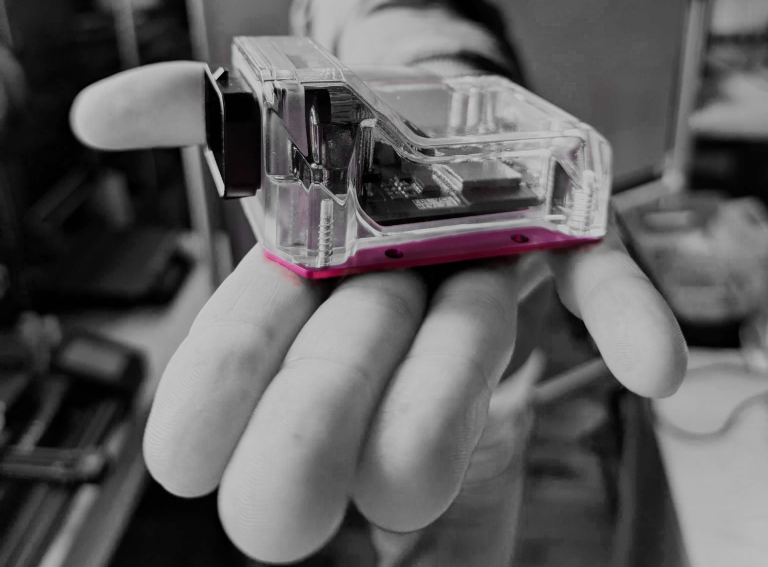Underway in Las Vegas this week, CES has become one of the world’s most notable stages for showcasing breakthrough technologies.
From advanced air mobility to smart city pioneering technology, the event which this year celebrates the Consumer Technology Association’s 100th anniversary, is hosting more than 400 exhibitors in 40-plus different categories across four days.
Here, we take a closer look at three of the tech mobility innovations which caught our eye.
Supernal’s S-A2
What: Hyundai Motor Group’s Advanced Air Mobility (AAM) company unveiled its electric vertical takeoff and landing (eVTOL) vehicle. With a capacity for four passengers and the pilot, the S-A2 can travel at speeds of 120 mph at a 1,500-foot altitude, and is designed to initially complete distances of between 25 to 40 miles.
Why it matters: Supernal’s Chief Safety Officer John Illson told Zag Daily: “AAM has the potential to address several societal challenges, such as navigating through dense urban areas, dealing with congested roads, and reducing carbon emissions.
“Mobility has always been about advancing humanity, and we believe that electric aircrafts are the next step in the journey towards a multimodal transportation system.”
John also said that the S-A2, designed to complement existing transport networks rather than replace them, has received praise from a wide cross-section of CES attendees this year.
“Our vision for the vehicle was initially presented at CES 2020, so this year’s event was the perfect opportunity to showcase how that vision has evolved into the S-A2.”
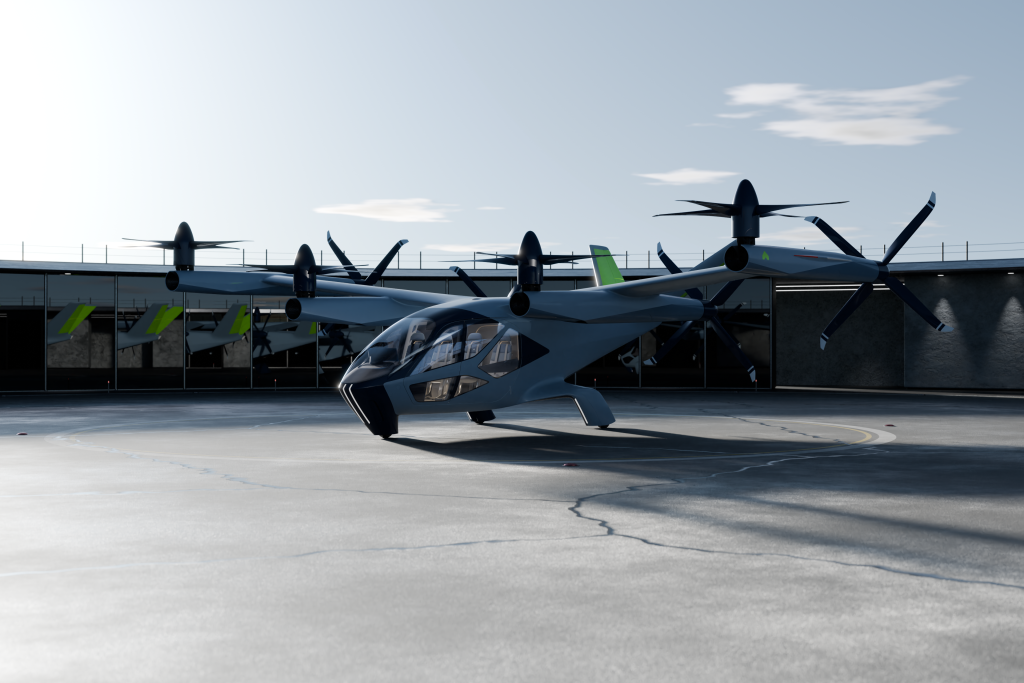
Luna Systems and Qualcomm’s 2-Wheeler Solution
What: In partnership with Qualcomm Technologies, technology firm Luna Systems showcased their new 2-wheeler solution designed to give riders a more digitally connected experience. With both in-ride ARAS and post-ride safety coaching features, the 2-wheeler solution aims to detect dangerous rider manoeuvres in busy traffic conditions and make riders more conscious of their positioning.
Why it matters: 2-wheelers make up 70% of India’s 326 million registered vehicles on the road according to McKinsey and 2022 saw these vehicles account for a distressing 75,000 road fatalities.
Co-Founder and COO of Luna Systems Maria Diviney told Zag: “2-wheeler riders, like every other consumer, are increasingly expecting a more connected experience. This is very evident at this year’s CES, where the focus on the software defined vehicle is incredibly strong.
“The launch of our 2-wheeler rider safety solution in partnership with Qualcomm marks an important milestone in the addition of safety features into this digital experience. Our solution has been built to increase rider situational awareness, as well as helping them to improve their safety skills in a meaningful and measurable way.
“While there are many elements that need to be addressed to reduce fatalities, we strongly believe that a highly scalable solution that increases rider awareness but also builds their better safety knowledge and skills can only help to make a positive impact on this serious issue.”
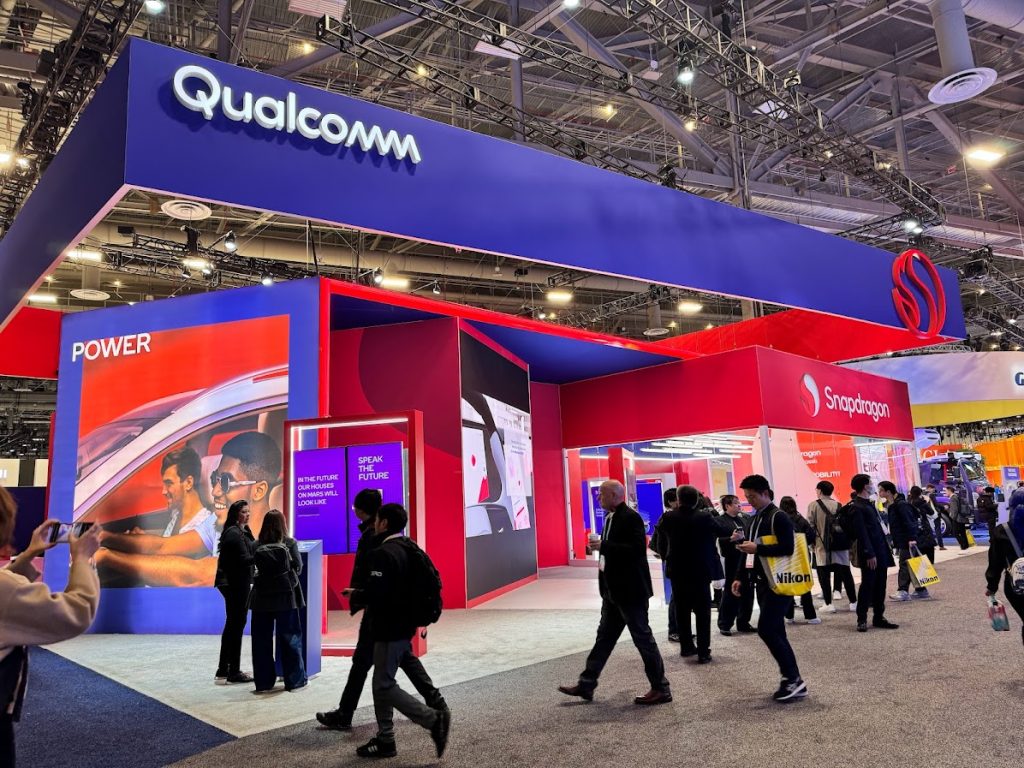
Pivotal’s Helix
What: Taking another step into aviation, aircraft market player Pivotal kicked off sales for its first eVTOL vehicle for CES this year.
12 years in the making, the Helix is a single-seat lightweight aircraft weighing in at around 348 pounds and doesn’t require a Federal Aviation Administration pilot certification.
Why it matters: With the creation of Helix, Pivotal is aiming to support pilots no matter what experience they have, offering safe flying without the barriers that come with traditional pilot certifications. Though a pilot’s licence is not needed, Pivotal requires all buyers to undergo training and meet certain eligibility requirements. Its training programme is customised to the buyer’s experience and, according to the company, most trainees become qualified in two weeks.
